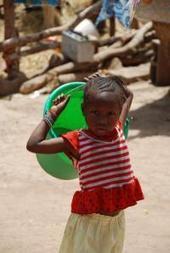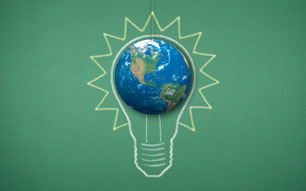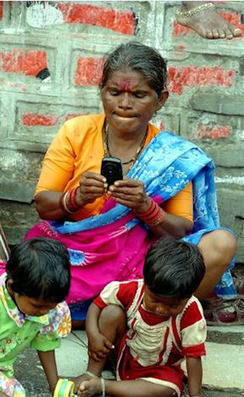The results of the tests suggest that scarcity of any kind creates a tendency to borrow a needed resource without thinking through the costs and benefits of that strategy. This effect lies behind the popularity of short-term, high-interest loans among the poor.
Get Started for FREE
Sign up with Facebook Sign up with X
I don't have a Facebook or a X account

 Your new post is loading... Your new post is loading...
 Your new post is loading... Your new post is loading...

Leow Guo Shao's curator insight,
February 3, 2013 2:53 AM
From the article, I can see that there is a link between poverty and having illnesses. In poverty countries, people contract illnesses and they cannot afford to get medication to cure their illnesses, which becomes a problem. Being deprived of medication and illnesses have also persisted for over 100 years. I think that they need to have more hospitals and better medications so that they can lead a better lifestyle rather than suffering. I wonder why rich people did not built more hospitals in the countries facing poverty. 
Jueniewann SpotOn Sniper's curator insight,
February 4, 2013 6:00 AM
well through poverty, many people have gotten really terrible sickness. from what i know, the rate of people who gained sickness are almost the same as those who were under the state of poverty. due to lack of proper food, their health could not be sustained. their immune system become worse thus making their body weak. furthermore, some places doesn't have proper medical places to help cure this sickly people. i pity them. if there is a way to help, i would have done so. i hope the richer peopl would also have that thought in mind and would do more than me to help them 
Ameer Artsyrup's curator insight,
February 4, 2013 10:04 AM
After reading yhis article, i can deduce that there is a direct link between health problems and poverty. For example, the poeple who stay in countries that suffer from poverty suffer from health problems both physically and psychologically. This is happening towards them as their country might not have sufficient sanitation services to help protact them from diseases. The poeple from these area might also not knoew of the diseases that they are facing due to the insufficient amount of health services. The people might also suffer from psychological ilness due to som bacteria that ar not known by them that primarily attacks the brain. In order to stop this problem, the government of the affected country should learn from other governments and take risks to help its people. |
|






























